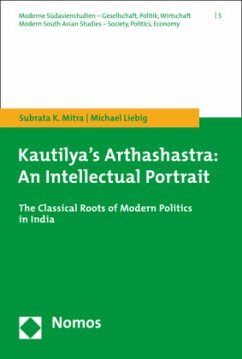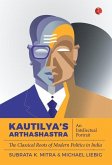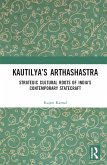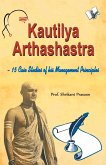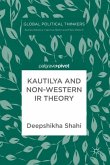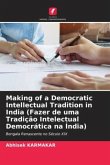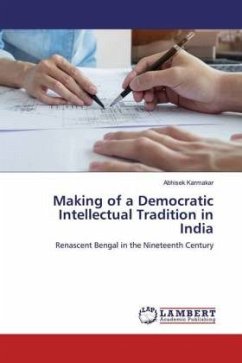India is a rising power in the multipolar world. This book showcases India's endogenous political ideas and strategic thinking, both of which are the key resources that underpin and drive this rise. Kautilya's Arthashastra is a major source of these ideas. It is a premodern treatise on statecraft and a foundational text of political science. So far, political science and international relations theory have largely ignored Kautilya, or, at best, labelled him merely as the 'Indian Machiavelli'. Such a characterisation vastly undervalues the riches and depth of the contributions of Kautilya - a contemporary of Aristotle - whose contributions can be compared more appropriately to those of Artistotle's politics. Kautilya's contributions are recognised by such masters of western political theory as Max Weber and Hans J. Morgenthau. But in South Asia, Kautilya has remained adrift of the academic mainstream and has been given little prominence in public life, both intellectually and politically. Despite such scholarly negligence, everyday life in India - in terms of the institutions and process that constitute it - has remained deeply grounded in the political heritage of pre-modern India, succinctly codified in Kautilya's Arthashastra. These themes are explored in this book through such bridge concepts as the 'modernity of tradition' and the 're-use of the past' in tackling contemporary political problems. These concepts are the key factors that explain the resilience and stability of India's hybrid political institutions and democratic system. 'Kautilya's Arthashastra: an Intellectual portrait - Classical Roots of Modern Politics in India' is an indispensable key to understanding contemporary India and a major contribution to South Asian area studies, comparative politics and global political theory.
Bitte wählen Sie Ihr Anliegen aus.
Rechnungen
Retourenschein anfordern
Bestellstatus
Storno

